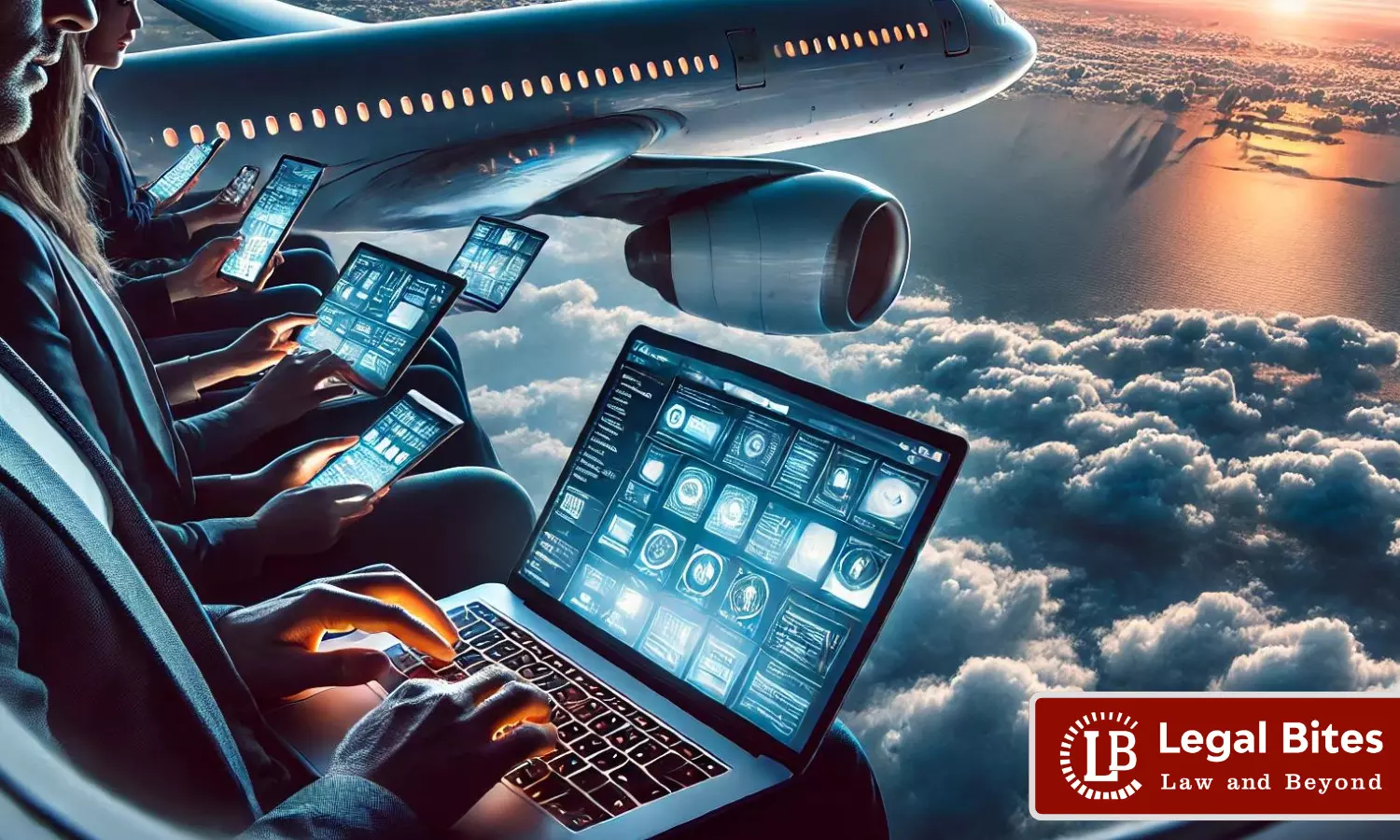What is Great Pager Detonation? The End of Phones and Computers on Airplanes? | Michael Rubin
A unique cyber operation targeting Hezbollah pagers raises serious concerns about the future safety of electronic devices and Wi-Fi on airplanes globally

A recent cyberattack targeting 3,000 Hezbollah pagers, likely carried out by Israel, has raised serious concerns about aviation security. As Wi-Fi and electronic devices become commonplace on flights, experts are questioning whether similar operations could pose a new threat to air travel, potentially leading to significant changes in aviation safety protocols.
Is “Operation Below the Belt” the End of Phones and Computers on Airplanes?
Earlier today, some entity—presumably Israel—caused 3,000 pagers used by Hezbollah to detonate simultaneously.
It was a unique operation and demonstrated both Israel’s technological capabilities as well as its penetration of Hezbollah and Iranian networks.
After all, Iran supplied the pagers to Hezbollah just a few months ago.
Ramifications Beyond the Middle East
The ramifications of the attack, however warranted it was, go far beyond the Middle East.
Wi-Fi has become the norm on passenger planes. Whereas airlines once banned Samsung phones due to questions about their safety after reports that they overheated and still do not allow shipment of lithium batteries in the cargo hold, most passengers today bring laptops, cell phones, and tablets onboard flights.
Indeed, on most American aircraft, access to the entertainment system requires the passenger to use his phone, tablet, or computer.
A New Threat to Air Travel
The question for security experts—and certainly one on which Al Qaeda now works—is whether the operation presumably carried out against Hezbollah pagers could be replicated on American or European cell phones or other electronic equipment.
Put another way, who needs box cutters or an underwear bomb to bring down an aircraft if a signal could overheat, if not detonate a couple hundred tablets or phones at 30,000 feet above the Atlantic?
Impact on Security Protocols
For 23 years, air travellers have had to limit their liquids and submit to vigorous pat-downs as the Transportation Security Agency or its European corollaries sought to protect travellers against the tactics of a past attack.
Raising Red Flags for the Future of Aviation
Today’s demonstration in Lebanon should raise red flags: Are water bottles or computers the greater threat? Do computers or phones have to be on to receive the signal that causes detonation? If not, will airlines ever accept such electronics in carry-on or cargo? If Wi-Fi is necessary to transmit the signal, is that the end of Wi-Fi on flights? And if passengers cannot do work on an aircraft, will they even fly or turn to video conferencing?
A Profound Impact on the Aviation Industry
Hezbollah might have been today’s target, but today’s events may have the most profound impact on the aviation industry since 9/11.
By Michael Rubin
National Security Journal
September 17, 2024


